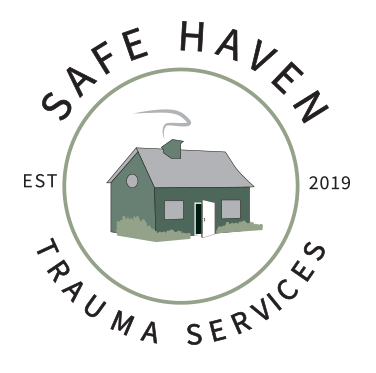Approach
Nurture Revolution
Nurture is vital children. The Nurture Neuroscience Practitioner Program is focused on nurtured parenting for pregnancy through 3 years old. 0-3 is the most crucial period of brain development in a child’s life. How you nurture your child sets the stage for how your child will cope with overwhelm and adversity. This training also greatly informed my work with adult clients who did not have the nurture they needed as young children.
Comprehensive Resource Model
Comprehensive Resource Model (CRM) is a heart-centered model of trauma therapy that was developed by Lisa Schwarz, M.Ed., a licensed psychologist. It is a model of trauma therapy that uses brain- and body-based safety as the basis of healing. Lisa developed this model for the most complex and traumatized clients, including those with Dissociative Identity Disorder and Otherwise Specified Dissociative Disorder, Complex PTSD, attachment issues, and gestational trauma. Lisa developed this model after seeing clients with complex symptoms and histories going into states of overwhelm, flooding, severe abreaction, or dissociation that prevented them from processing deeply traumatic experiences and experiencing long-term change. CRM provides neurobiological scaffolding that enables your brain to connect to a sense of safety to override automatic fear responses.
Hypnosis
Hypnosis is a state of highly focused attention where there is deep inner absorption. In this state, individuals are more open to suggestions that facilitate change, even with behaviors that have become quite fixed. Clinicians trained in Clinical Hypnosis facilitate your natural capacity to go into this state. You remain in control of the process the whole time. Often when hypnosis is introduced, clients say, "I don't like to feel out of control." Being out of control while in trance is actually a frequent misconception about hypnosis. As a clinician facilitates your state of focused attention, he or she is unable to make you do anything that you do not want to do. In fact, we often bring up the idea of stage hypnosis, which is typically the first thing that comes to mind when people hear the word hypnosis. Even with stage hypnosis, it is very difficult to be made to do anything that you would not normally do.
Trauma Stage Processing
Trauma Stage Processing is an experiential approach to processing trauma. It looks at trauma as occurring in various stages. It uses art to represent different stages of the traumatic event.
Sensorimotor Psychotherapy (SP)
Although talk therapy has many benefits, for some clients in therapy, words fail to heal deeply traumatic wounds or relational injury. Our bodies have inherent wisdom that we can learn from. Many clients have talked and talked about their trauma experiences, but have failed to experience true healing and relief from their symptoms of trauma.
Ego State Therapy
Ego State Therapy is a model that approaches distressing symptoms as a result of inner conflict between parts of self, or “ego states.” Ego states are neural networks that hold consistent patterns of information, behavior, attention, and emotion. Everyone has different ego states; a common example might be a person’s “work mode,” which is very different from their “playful parent mode” or their “romantic partner mode.” Ego states can be associated with different developmental stages as well; think “inner child” or “inner adolescent”.







